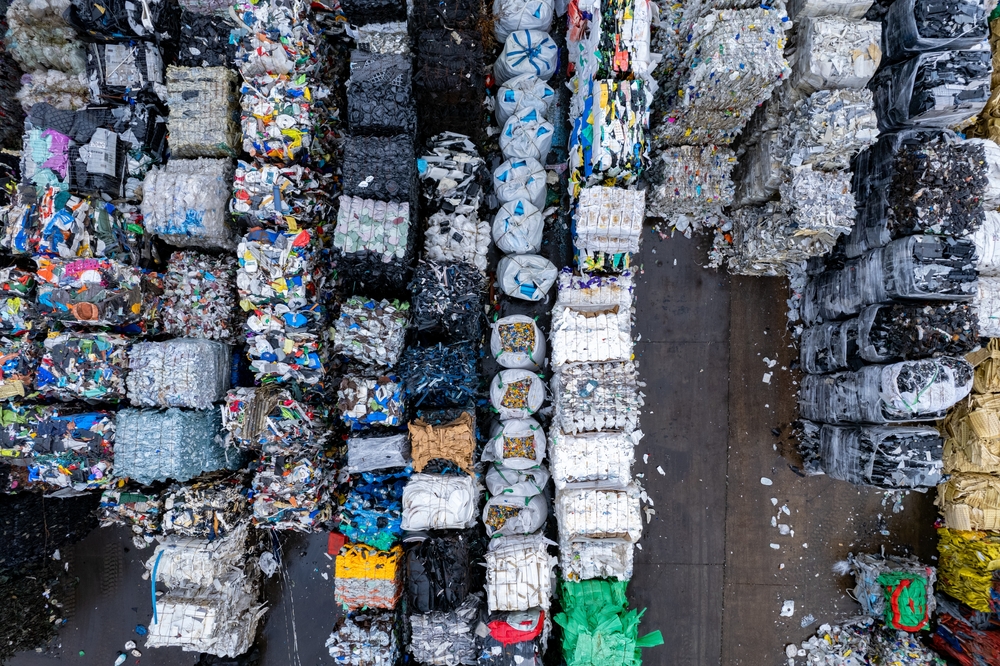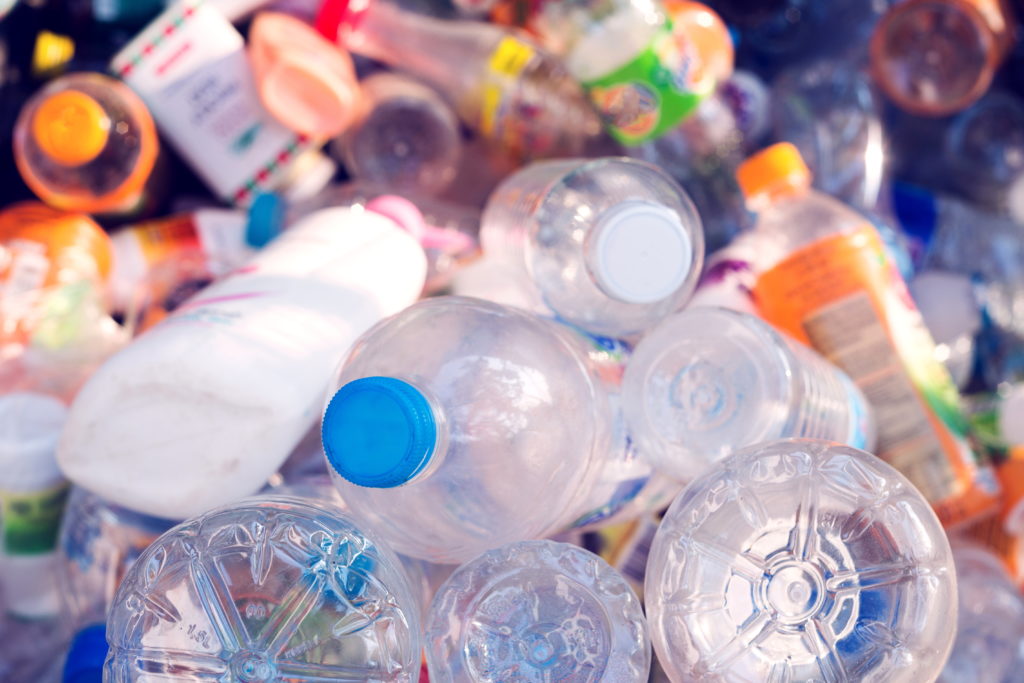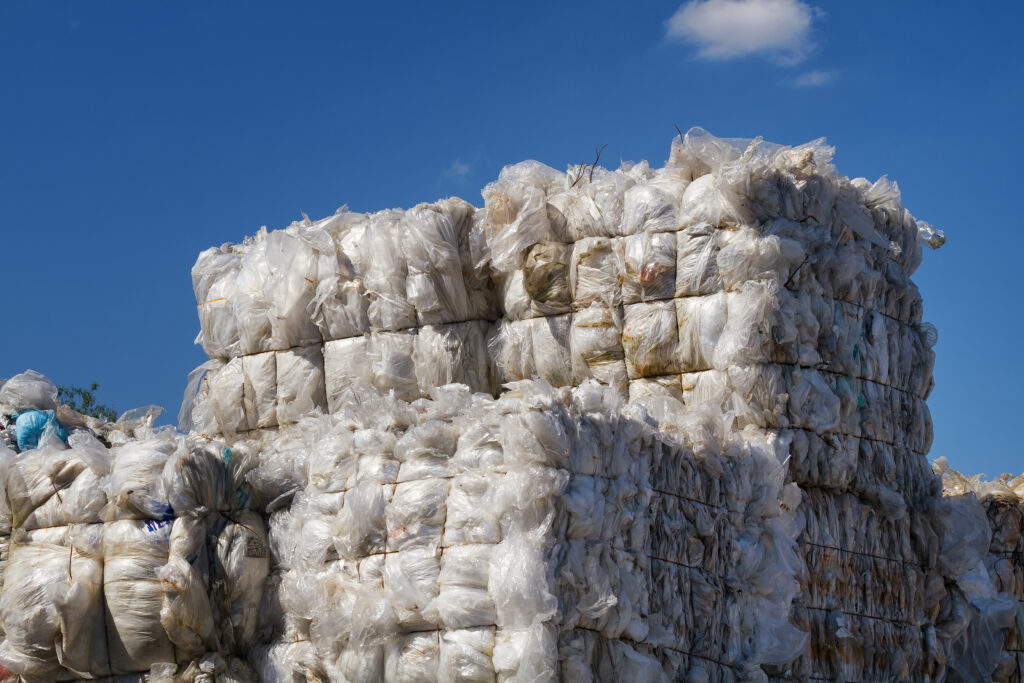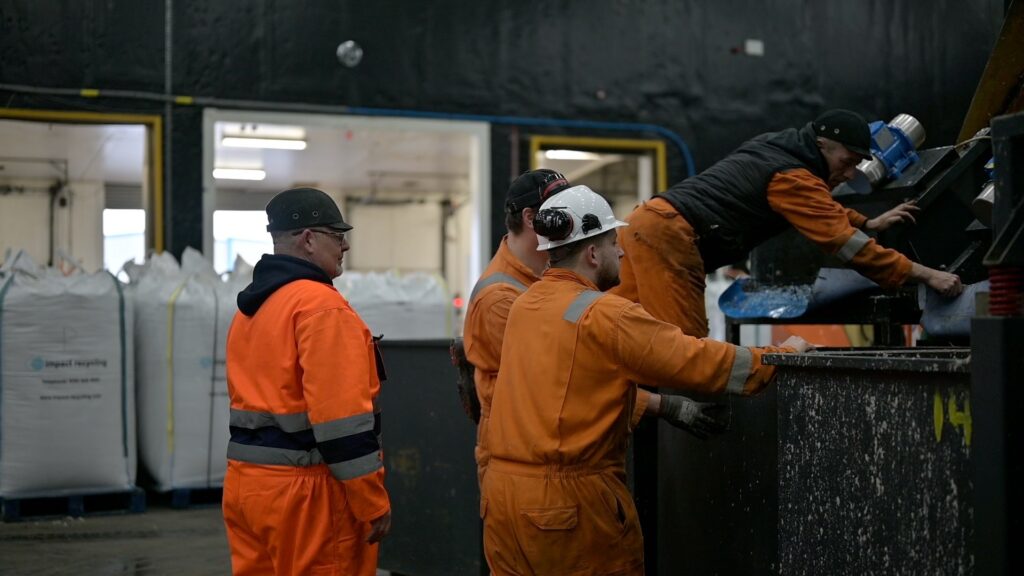The report published this morning by the trade association, which counts Suez, Veolia and Viridor as members, said that low demand for new products and high imports of cheaper virgin material is “heavily destabilising the market”. This follows a similar report by the Bureau of International Recycling (BIR) earlier this week (see letsrecycle.com story).
From the UK’s perspective, while the packaging recovery note (PRN), which has been upwards of £300 a tonne recently, has been helping reprocessors, they are also being hit by the same issues of low demand.
One recycler also said that the ability to claim this high PRN meant some have been able to “undercut” the EU market by offering cheaper rates to export countries, heaping more pressure on European recyclers.
A lower demand for new products brought on by the cost-of-living crisis means producers do not need to buy as much recycled plastic to use in products, especially packaging.
In the UK, some recyclers have reported that there is a slight price softening for clear and light blue PET, which appears to have reached a floor of £100 per tonne. Similarly, prices paid for HDPE (High Density Polythene) natural have seen a notable decline.
Europe
Plastic Recyclers Europe called for “urgent measures”, and warned that if these are not taken to alleviate the mounting pressure on recyclers, “there is a real risk that Europe will fail to meet its legally binding recycling and recycled content targets”.

Ton Emans, president of the trade association, said: “The future of the recycling industry is at stake, and immediate enforcement measures are needed to prevent a shutdown of recycling plants across Europe. Halting recycling activities would have cascading effects on jobs, the overall European economy, and the environment.”
Plastic Recycler Europe has also highlighted PET demand as a cause for concern as the decline in the market situation is the most pronounced for this material. The “lack of a level playing field” has led to a 20% increase in PET imports to the EU from Quarter 2 2022 to Quarter 2 2023, resulting in decreased demand for EU recycled PET.
Consequently, these market dynamics have caused an estimated 10% decrease in rPET production over the same period.
This shows that we need to invest both in UK infrastructure and keep export markets open
- Paul Sanderson, Recycling Association
In a statement given to letsrecycle.com, The Recycling Association chief executive Paul Sanderson said: “European markets are challenging at the moment with low demand leading to low prices.
“This shows that we need to invest both in UK infrastructure and keep export markets open to ensure new products contain recycled plastic rather than virgin materials.”
PRN
When discussing with letsrecycle.com, one major plastic recycler explained that some exporters had been utilising the high PRN to offer below market rates to export destinations.
“Turkish companies have been accepting UK waste materials without charge, leveraging their ability to claim valuable £300 PRNs for these materials,” they explained.
They added that the consequence of this strategic shift has been a decline in the PRN market this month down to around £250. They warned that “this significant increase in exports has placed additional strain on the European market”.
The recycler added “The crux of this matter is that the UK’s ability to export waste has heaped more pressure on the European market. This is because the UK has been benefiting from subsidies through the PRN for shipping low-grade materials to other countries. As the waste management landscape continues to evolve, it remains to be seen how these dynamics will impact the waste industry and its sustainability efforts in the coming months.”








Subscribe for free